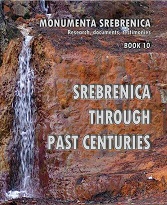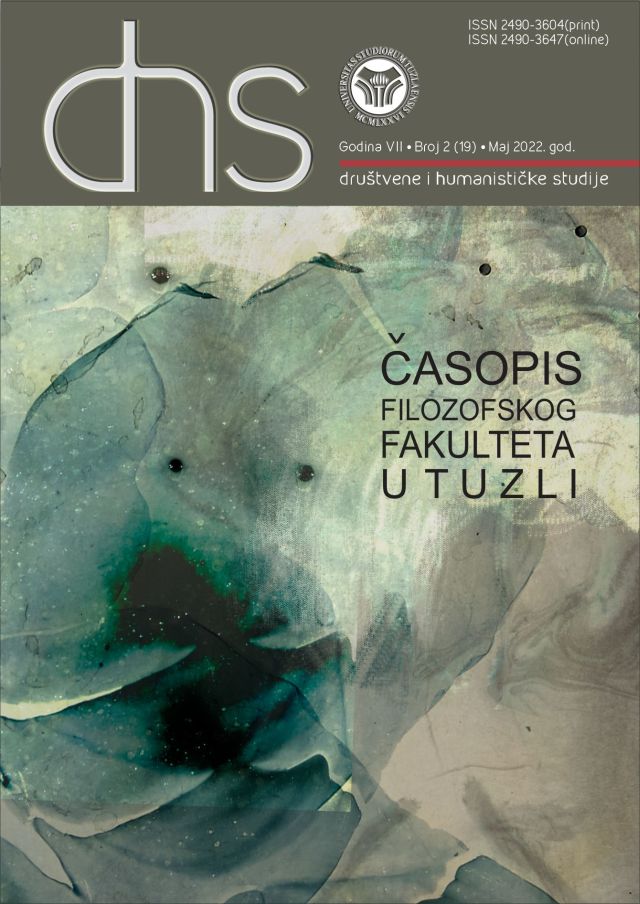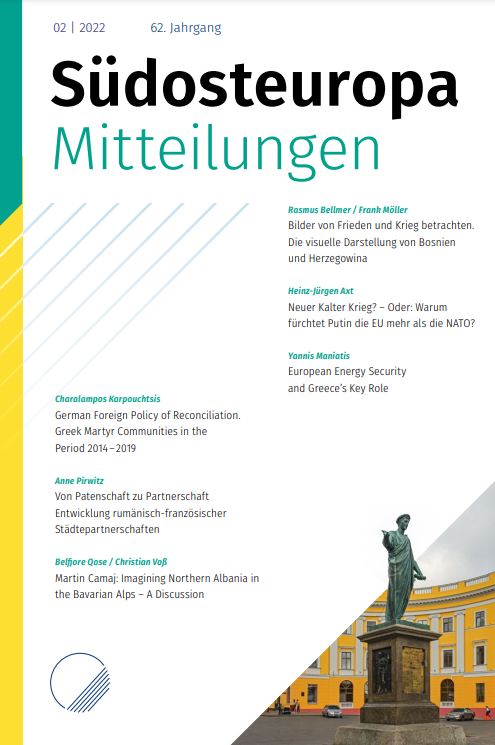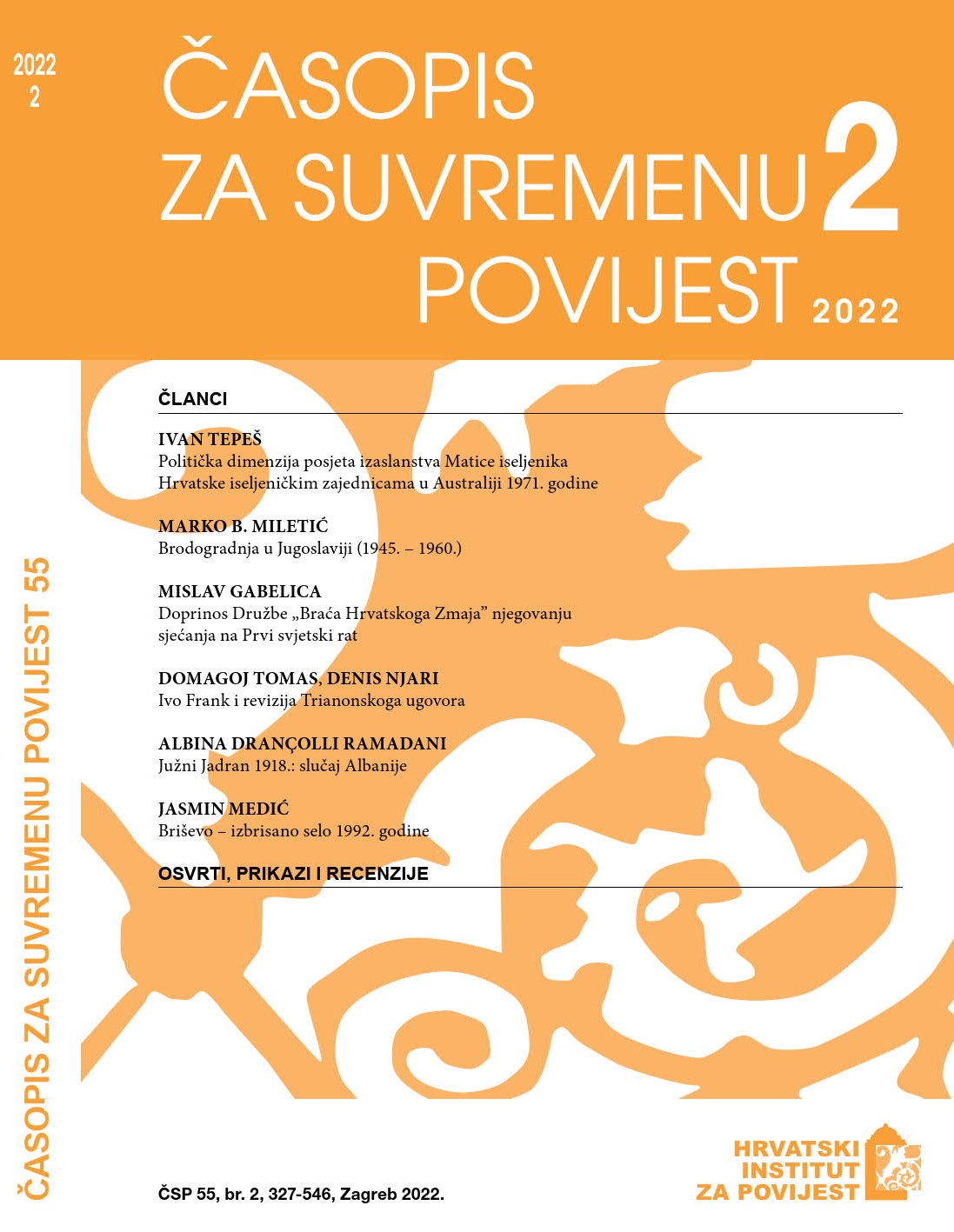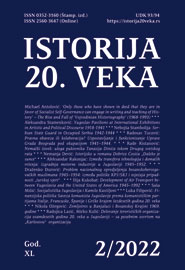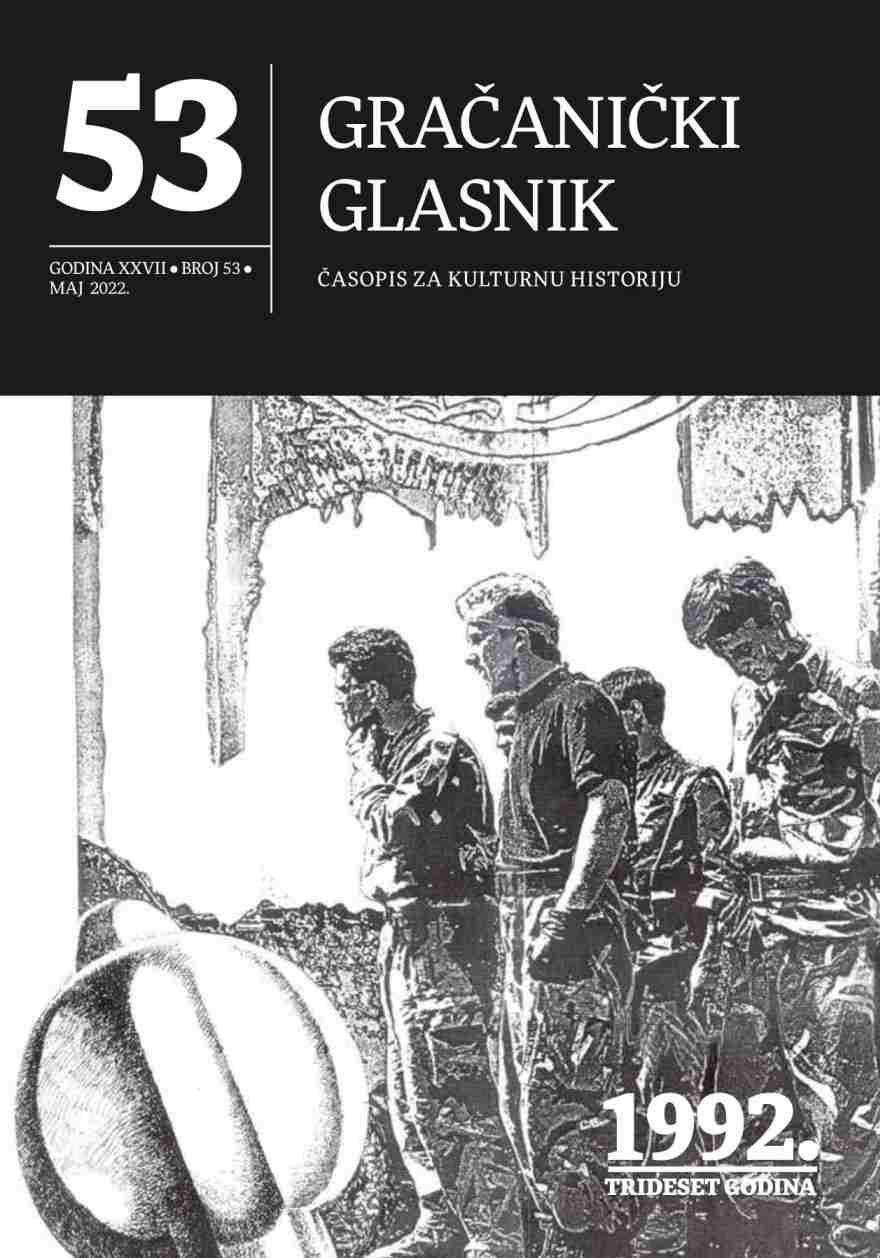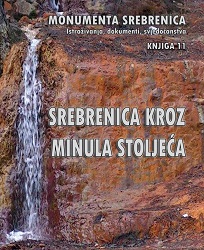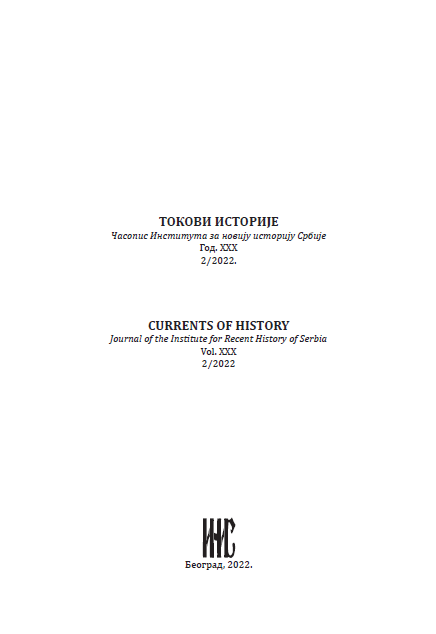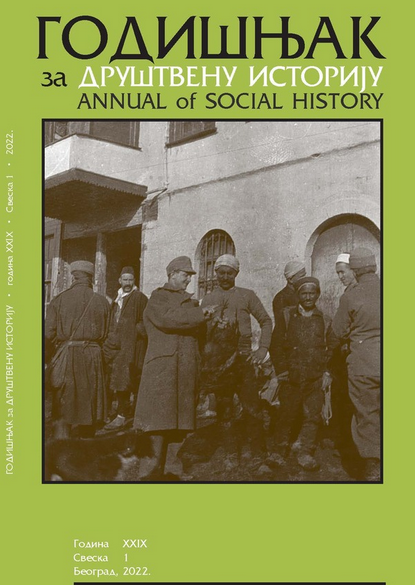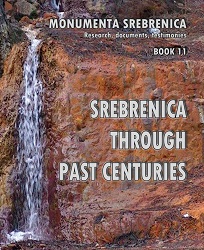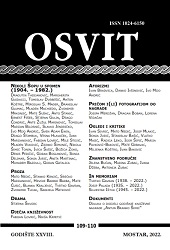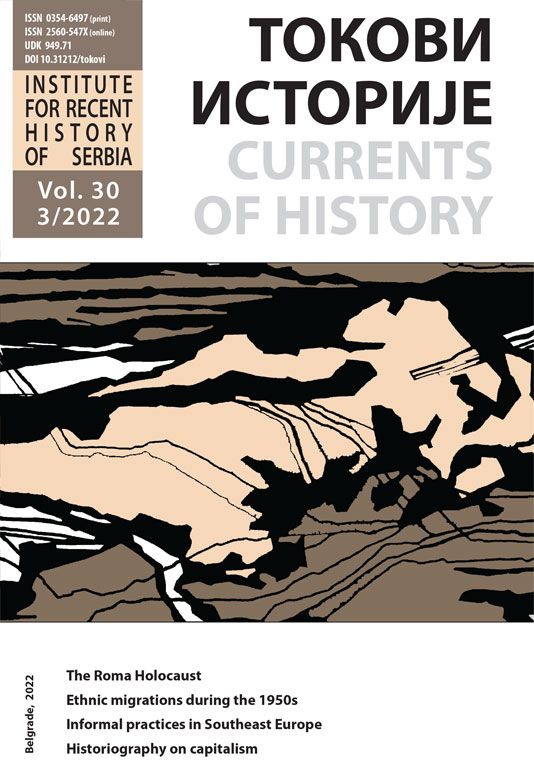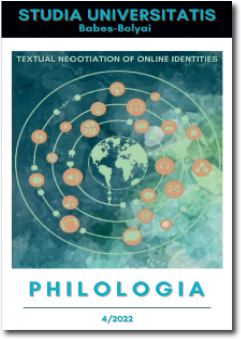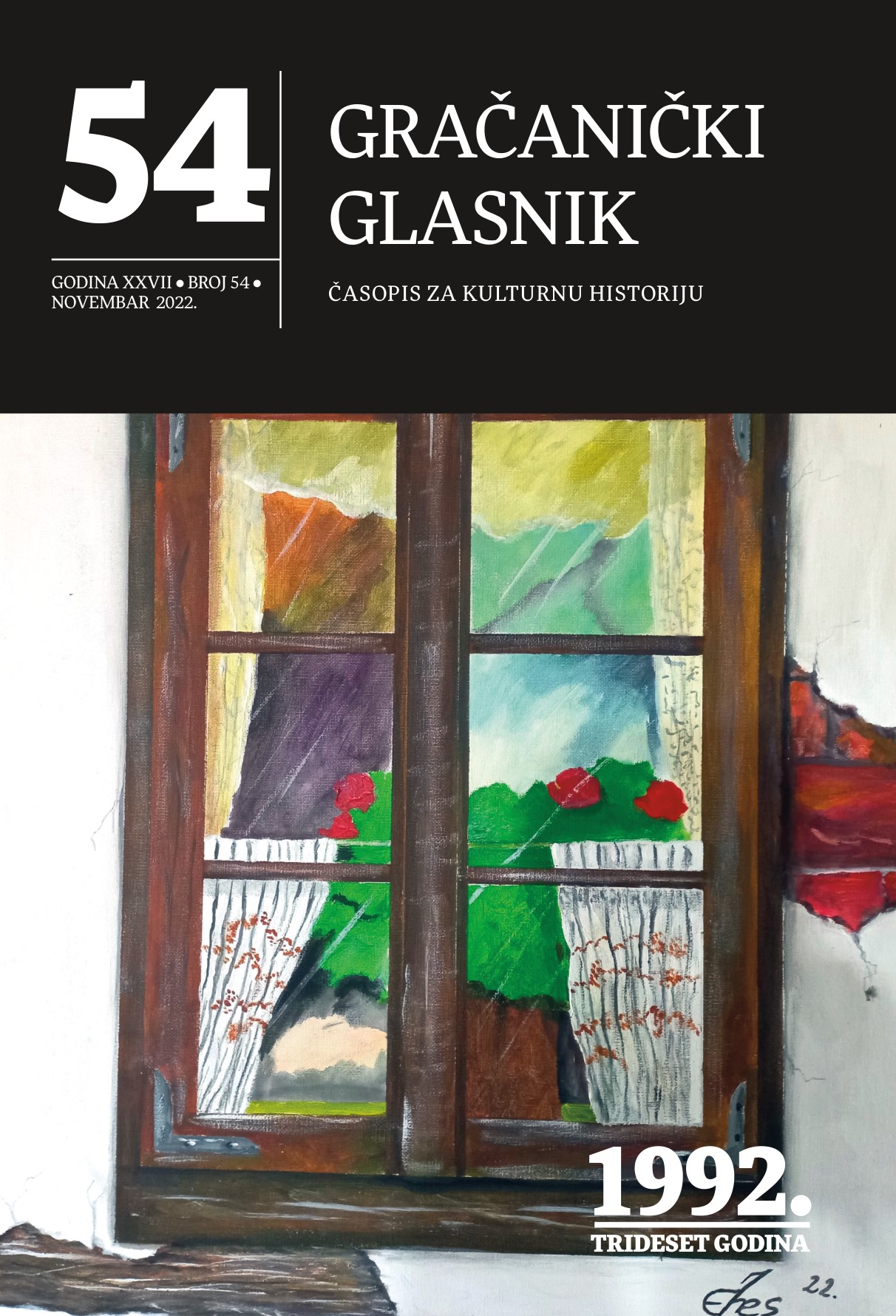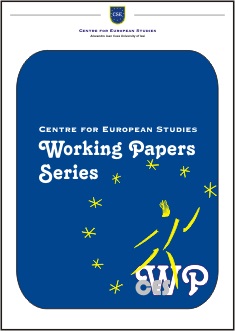Author(s): Adib Đozić / Language(s): English
Issue: 11/2022
It is more or less known that the spiritual and cultural carriers, inspirers and ideologues of the political programss of the Serbian great state are: the Serbian Academy of Sciences and Arts (SANU), the Association of Writers of Serbia (UKS) and the Serbian Orthodox Church (SPC). On the influence and role of these institutions, through the various program contents they built, on the war against the Bosnian society and state in from 1992 to 1995, and the crimes of genocide against Bosniaks, it is true, an enviable number of papers have been written, but not all segments of the role of their program contents have been fully explained in a scientifically relevant way. Also, science has determined that the most important social factors of national integration, not only in South Slavic peoples, but in general are: state, culture and church. This is particularly pronounced in the development of Serbian national identity. National-political, national-cultural and national-ecclesiastical Serbian greatstate projects were created on those bases, not separately from each other, but on the contrary, they form a unique structure of the entire Great Serbian national ideology and practice. In previous works on the causes of the genocide against Bosniaks, the influences of the national-political Great Serbian programs were emphasized and quite explicitly analyzed. The genocidal content in the national-cultural and national-ecclesiastical programs of the Serbian great state has been scientifically treated much less. For these reasons, on this occasion we will analyze some examples of anti-rationalism, lies, hatred, in the national-cultural and national-ecclesiastical programs of Greater Serbia and their influence on the crime of genocide against Bosniaks, not only in the war against the Bosnian society and state from 1992 to 1995, but since the beginning of the so-called national liberation movements in South Slavic areas.
More...
